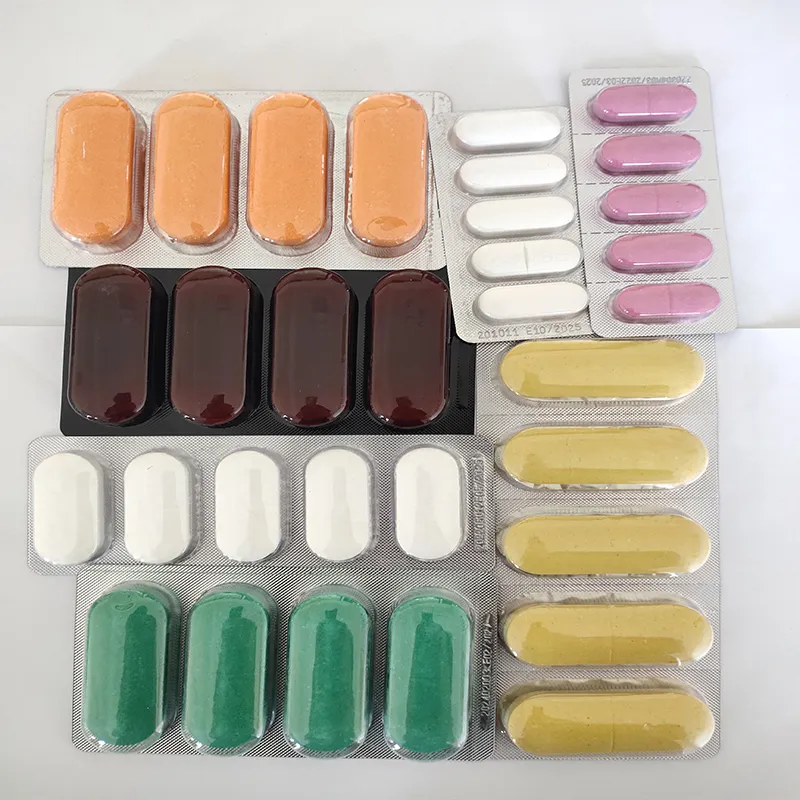- Afrikaans
- Albanian
- Amharic
- Arabic
- Armenian
- Azerbaijani
- Basque
- Belarusian
- Bengali
- Bosnian
- Bulgarian
- Catalan
- Cebuano
- Corsican
- Croatian
- Czech
- Danish
- Dutch
- English
- Esperanto
- Estonian
- Finnish
- French
- Frisian
- Galician
- Georgian
- German
- Greek
- Gujarati
- Haitian Creole
- hausa
- hawaiian
- Hebrew
- Hindi
- Miao
- Hungarian
- Icelandic
- igbo
- Indonesian
- irish
- Italian
- Japanese
- Javanese
- Kannada
- kazakh
- Khmer
- Rwandese
- Korean
- Kurdish
- Kyrgyz
- Lao
- Latin
- Latvian
- Lithuanian
- Luxembourgish
- Macedonian
- Malgashi
- Malay
- Malayalam
- Maltese
- Maori
- Marathi
- Mongolian
- Myanmar
- Nepali
- Norwegian
- Norwegian
- Occitan
- Pashto
- Persian
- Polish
- Portuguese
- Punjabi
- Romanian
- Russian
- Samoan
- Scottish Gaelic
- Serbian
- Sesotho
- Shona
- Sindhi
- Sinhala
- Slovak
- Slovenian
- Somali
- Spanish
- Sundanese
- Swahili
- Swedish
- Tagalog
- Tajik
- Tamil
- Tatar
- Telugu
- Thai
- Turkish
- Turkmen
- Ukrainian
- Urdu
- Uighur
- Uzbek
- Vietnamese
- Welsh
- Bantu
- Yiddish
- Yoruba
- Zulu
Dec . 12, 2024 15:10 Back to list
tylosin tablets for dogs
Tylosin Tablets for Dogs Uses, Dosage, and Precautions
Tylosin is an antibiotic commonly prescribed by veterinarians to treat a variety of bacterial infections in dogs. It belongs to the macrolide class of antibiotics and is effective against a wide range of gram-positive bacteria and some gram-negative bacteria. Tylosin is often used for respiratory infections, skin infections, and gastrointestinal issues in canines. Understanding the applications, dosage, and precautions associated with tylosin can help pet owners ensure their pets receive the best care possible.
Uses of Tylosin in Dogs
Tylosin is primarily used to treat bacterial infections in dogs. Some common conditions that may warrant a tylosin prescription include
1. Gastrointestinal Disorders Tylosin is frequently used to manage issues like chronic diarrhea and intestinal infections. It is particularly effective against certain bacteria that can disrupt the normal function of the digestive system.
2. Respiratory Infections Dogs suffering from respiratory infections caused by specific bacteria may benefit from tylosin treatment as it helps to reduce inflammation and clear up the infection.
3. Skin Infections In cases of skin infections caused by susceptible bacteria, tylosin can help in speeding up recovery, promoting healing, and alleviating symptoms.
Dosage of Tylosin Tablets
tylosin tablets for dogs

The dosage of tylosin varies based on the dog's weight, the severity of the condition, and the veterinarian's recommendations. Typically, the standard dosage is around 10 to 15 mg per kilogram of the dog's body weight, administered once every 12 to 24 hours. It’s crucial to follow the veterinarian's instructions precisely to avoid any potential side effects or complications.
Tylosin tablets are usually given orally, and for the best results, they should be administered with food to enhance absorption and minimize gastrointestinal upset. If a dose is missed, it should be given as soon as it is remembered, but if it’s close to the time for the next dose, the missed dose should be skipped to prevent overdosing.
Precautions and Side Effects
While tylosin is generally considered safe for dogs, there are some precautions and potential side effects to be aware of. Some dogs may experience gastrointestinal upset, including diarrhea, vomiting, or loss of appetite. If these symptoms persist or worsen, it is essential to consult the veterinarian.
Additionally, tylosin should be used with caution in dogs with a known allergy to macrolide antibiotics or those with pre-existing liver conditions. It is also advisable to avoid administering tylosin alongside certain medications that may interact adversely with it.
Lastly, it is important to complete the full course of antibiotics as prescribed by the veterinarian, even if the dog appears to be improving. Prematurely stopping the medication can lead to a resurgence of the infection and contribute to antibiotic resistance.
Conclusion
Tylosin tablets can be an effective treatment for various bacterial infections in dogs. Proper dosage and adherence to veterinary guidance are crucial to ensure successful treatment and minimize potential side effects. Pet owners should always consult their veterinarians regarding any concerns or questions about using tylosin or any other medications for their furry companions. With the right care, many dogs can lead healthier and happier lives.
-
Guide to Oxytetracycline Injection
NewsMar.27,2025
-
Guide to Colistin Sulphate
NewsMar.27,2025
-
Gentamicin Sulfate: Uses, Price, And Key Information
NewsMar.27,2025
-
Enrofloxacin Injection: Uses, Price, And Supplier Information
NewsMar.27,2025
-
Dexamethasone Sodium Phosphate Injection: Uses, Price, And Key Information
NewsMar.27,2025
-
Albendazole Tablet: Uses, Dosage, Cost, And Key Information
NewsMar.27,2025













